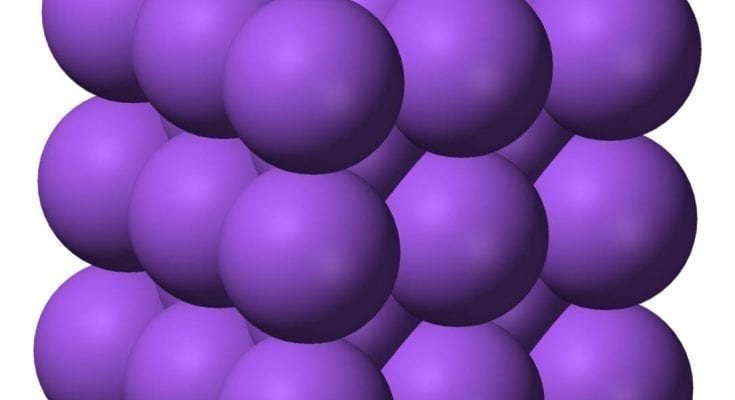So, what is sodium and what does it have to do with health? Well, sodium is actually an element used by the body to move water. The sodium ions move through the cells, though are absorbed only by special cells in the membrane.
Sodium chloride is an organic compound that has one sodium ion attached to a molecule of chlorine. Chloride has two hydrogen ions attached to chlorine atoms. They are so similar that any compound can dissolve in water to make a salt or dechlorinate.
Salt, Chloride, and Potassium are the three main water-soluble elements that are not alkaline. Potassium is the most important and gives the body into an alkaline state. That means that when the body receives more potassium the body starts to produce less acid and more alkaline.
Sodium chloride (table salt) is naturally occurring. It is not produced by man or animal. Salt provides a certain seasoning and flavor, one that contrasts with sweetness like chocolate or strawberries on your pancakes. Chloride can be produced in water-retaining factories or sodium can be added to water to neutralize the acid.
The three types of ions, sodium, chloride, and bicarbonate are all neutralized by the action of another element. Nitrate is a result of the conversion of nitrous oxide to nitrogen gas. Water retains nitrogen.
Nitrate is a dangerous gas that can burn skin and eyes. The fumes are not toxic, but the gaseous form of nitrate can damage an open wound. Nitrate gas from the burning of gasoline is highly corrosive.
So how much salt is healthy? The average recommended daily salt intake for an adult is a maximum of two grams, though there are no solid figures on the amount necessary to keep the body in an acid-alkaline balance. Sodium chloride was never a good choice to use in food, because it could cause arthritis and harm growth.
Sodium chloride is now being avoided in almost all food and replaced by the nitrate form of sodium. Sodium bicarbonate is recommended by nutritionists as a necessary additive in food. Although we have more acid than alkaline in our bodies, even the chemical reactions occurring in our cells don’t stay put. Most of the acid that is present in the body is brought about by waste and environmental toxins.
Bicarbonate plays a special role in the digestive system. By buffering the digestive juices, bicarbonate neutralizes acids. It also provides a buffering effect in the stomach.
Chloride has an obvious purpose in the body, though most people do not know it. It helps to flush out waste from the blood stream.
This article was written by Eric Hulse, Ph.D., chief of pediatrics and emergency medicine at Parkland Hospital in Tampa. For more information visit his website at asst.info. The information is presented for educational purposes only and is not intended to replace the advice of a physician. It should not be used in place of or in conjunction with professional medical advice.

